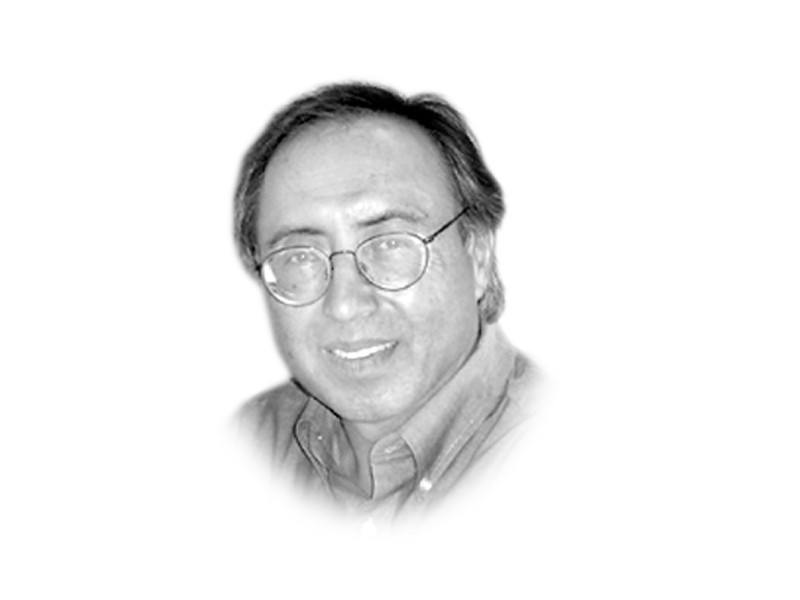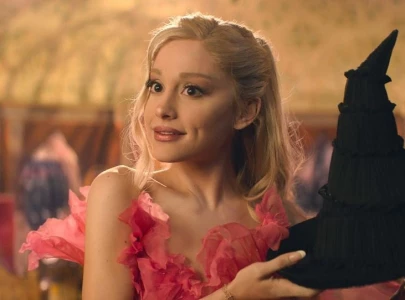
It is not a ritual or ceremony, as some of the news stories about a recent incident in Rajanpur indicate. It is, in fact, one of the many forms of tribal justice. More than a jirga, it is a local tribal chief with social influence and power who acts as a prosecutor, judge and executioner over murder, theft, adultery and other cases. What is the way out?

Let me bring in here three major issues we must address to end a parallel system of tribal justice: conflict between the state and tribal system; the waning but intimidating residual power of tribal chiefs; and the subservient role of governing institutions in the tribal society of DG Khan, Rajanpur and beyond.
The argument that the tribal system in the Baloch, Pashtun or in any other setting is organic and serves the primary functions of law, order, justice and harmony at the local level, is outmoded. Everywhere, modern law and institutions associated with the state have replaced such systems. The conflict is natural as the bureaucracies, police, intelligence agencies, courts and laws passed by the representative parliament slide off the old system. These will never go well with the holders of the old power system; not only do the new forms of governance end their power but they also bring in new rulers with the legitimacy of law. This transition will not be without resistance in our vast tribal regions in every part of the country.
Not every tribal chief is a tyrant, as some of the critiques of tribalism would tar the system with one brush. There are benign ones and there are the not so benevolent ones. That is human. The good thing is that the social and economic development process, slow and patchy as it is, has dented the tribal societies and the power of chiefs to a great deal. The Pakistani society, like others, is in transition — it is not the same as it was 20 years back and will not be the same a decade later. There is a new middle class emerging, even in the deep periphery: Rajanpur, the most backward district of the Punjab. But this change is not good enough itself to end the old social regime, its cruel customs and practices.
This brings me to the third point. It is always through the agency of the state, primarily its law and public policy, that society can be reformed. This agency is the weakest in the peripheral districts of Punjab, interior Sindh, Balochistan and Fata, in varying degrees though. None of the best bureaucrats, judges and policemen are posted in these regions, with some exceptions here and there. Since the chiefs are the ‘peoples’ representatives’ in the assemblies, political legitimacy has formalised their traditional power. The chief ministers and prime ministers do not challenge them either for they need their support to have comfortable numbers in the assemblies. Hence, the old system, its practices, and cruelty in some instances, coexist with the state side by side.
What is the way out? Rule of law and true governance in the spirit of law and public policy is the answer. It sounds basic and simple but without rule of law there cannot be any change in either attitudes or in the archaic structure of local power. A transformative social agenda with a vision to educate every woman and man will empower the subaltern and shift the balance of power.
Published in The Express Tribune, September 24th, 2013.
Like Opinion & Editorial on Facebook, follow @ETOpEd on Twitter to receive all updates on all our daily pieces.
COMMENTS (2)
Comments are moderated and generally will be posted if they are on-topic and not abusive.
For more information, please see our Comments FAQ












1732617223-0/Untitled-design-(69)1732617223-0-270x192.webp)






Rasul Bakhsh,I agree with the contents of your essay but have difficulty in grasping your third point. The law and policy agency of the state (probably you mean law enforcement and public service functionaries) do have a role in terms of establishing the writ of the state. You have read the literature on development and perhaps its critique as well, so must be knowing that the state functionaries act as state-agents on the one hand, while perform the role of subservient of the traditional elements of society on the other hand. The bond between the traditional element (landed elite, clergy etc.) and the civil bureaucracy is strong but convenient at both ends thus reciprocating and protecting the interests of each other. It, however, keeps the general populace at bay. It is that gap between the masses and the ruling elite that creates political unrest which, in turn, is snubbed by joining hands with a third element of state power, the military. Just have a look at political developments in Latin America and perhaps wherever the military coups have taken place. The emphasis was on maintaining status-quo than bringing change. There is only one route to breaking the power base of the traditional element and that is through education. The social change is slow process but needs concerted effort.
Rasul Bakhsh, your point about "Not every tribal chief is a tyrant" is irrelevant almost makes you sound like an apologist. Its a well written article as usual.
That not every monarch is same, is in fact the worst part of such institution - it is whims of a monarch that become rule. Not the rule of a law that you are advocating.